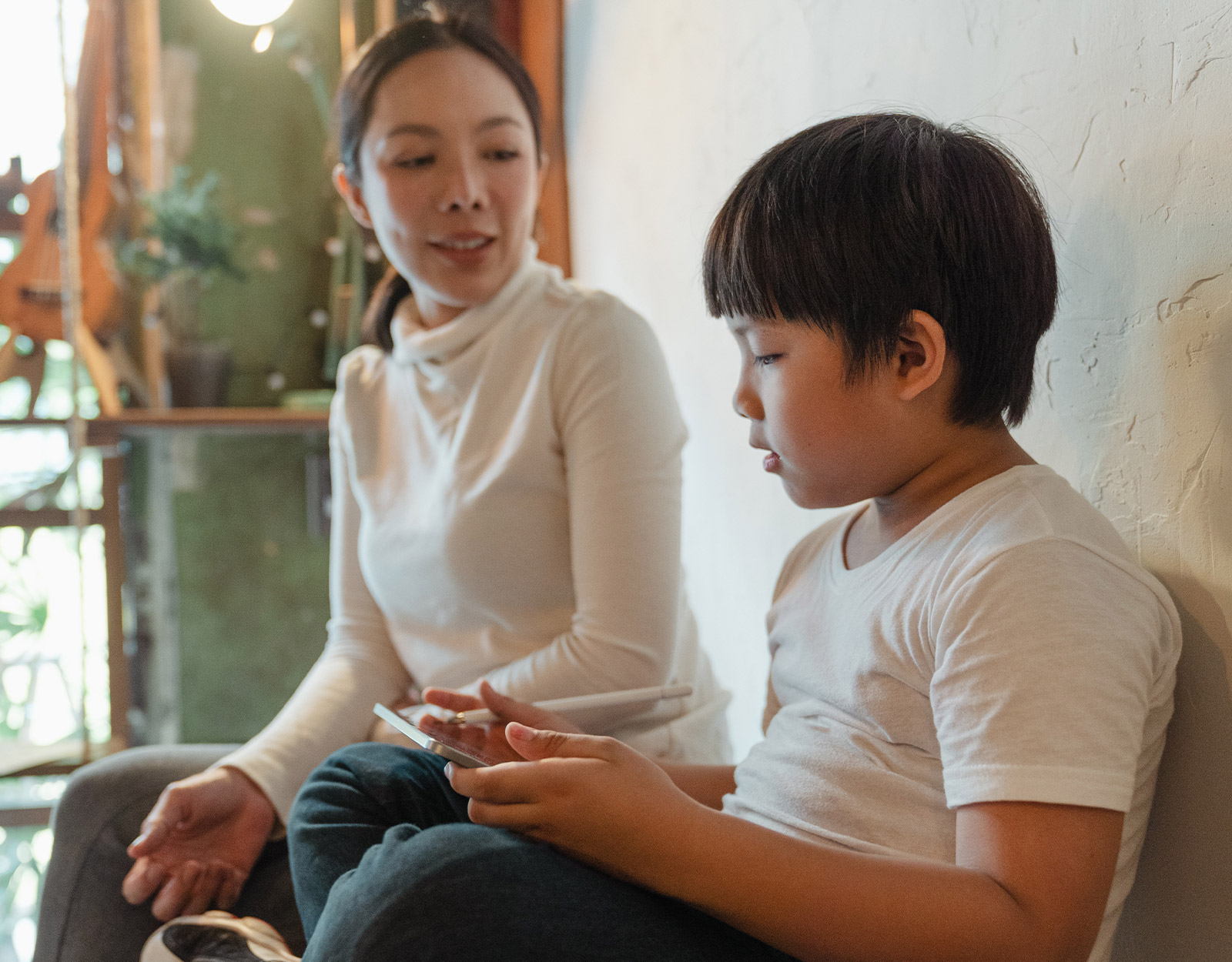Uncategorized
How Positive Reinforcement Accomplishes More Than Scolding
Teaching kids can be difficult, but positive reinforcement does a lot more than yelling.
When our kids misbehave, it’s hard to catch the trigger before it explodes. A lot of parents resort to yelling, saying a lot of awful things, and breaking their kids’ spirits because there’s “no other option” and it’s easy to get carried away. But there is a better approach to teaching and disciplining our kids. And it’s called Positive Reinforcement. This is when we reward them for behaving properly and well.
Won’t it make things too transactional?
Truth is, it won’t, especially when the reinforcement is consistent. Because kids have their own ways of learning, it’s also hard to figure out how to reward them especially when the way they figure things out can be a little dangerous. But with consistent rewarding and processing, there’s less of a chance that kids will see good behavior as something transactional.
However, positive reinforcement also works hand-in-hand with discipline where the method of correcting a child’s behavior, the consequence, and the solution to the mistake must be related to the misbehavior. Like when a kid fails an exam, forcing them to study without giving them dinner doesn’t teach them as well as helping them find a tutor to zero in on the problem.
Disciplining and punishment are not something people want to remember. If the punishment is extreme, kids are prone to shutting down. They will also constantly fall back to that memory why they shouldn’t reveal their mistakes, especially if the discipline or the punishment wasn’t related to their misbehavior.
Positive reinforcement works best when the reward and the behavior match in value.

Finding the right community that believes in that same proper behavior.
Disciplining and teaching kids is all about consistency. While it’s hard to keep our emotions on the same level every day, it doesn’t mean we can’t find others who believe the same thing as us to support our teaching our kids. Besides finding the right people, we also need to look after ourselves, especially when dealing with all the future possibilities.
More about disciplining kids?
Abuse vs. Discipline: What are the Differences?
Filipino Threats Parents Should Stop Using To Discipline Their Kids
QUIZ: Which Type of Parent Are You?





